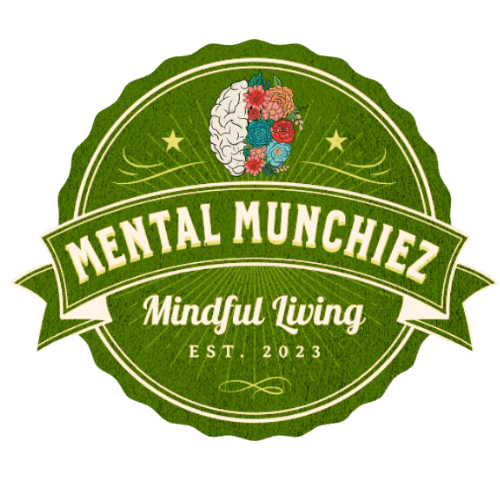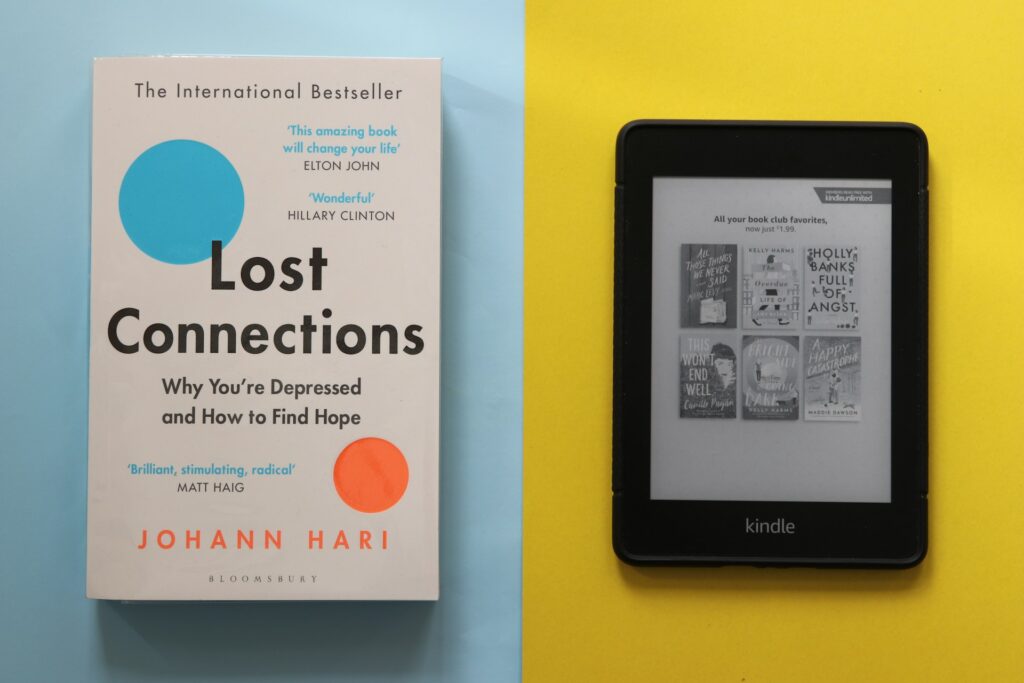Introduction: In an age dominated by technological advancements, the timeless debate between traditional books and ebooks continues to capture the attention of avid readers. Both formats offer unique advantages and cater to distinct preferences, leaving enthusiasts divided. This article aims to explore the merits and drawbacks of books and ebooks, shedding light on the factors influencing readers’ choices.
Tangible Charm of Books
In the tangible realm of literature, traditional books stand as unyielding symbols of literary history and cultural heritage. The scent of paper, the tactile sensation of turning pages, and the weight of a physical book create an immersive reading experience. Devotees argue that the physicality of books adds a layer of nostalgia and sentimentality that ebooks struggle to emulate.
The Digital Age: Rise of Ebooks
Ebooks, with their portability and accessibility, have become the go-to choice for readers on the move. The convenience of carrying an entire library in a single device and adjusting font sizes to suit individual preferences caters to the modern reader’s dynamic lifestyle. Additionally, ebooks often come with interactive features, further enhancing the reading experience.
Impact on Reading Habits
The format of choice can significantly impact reading habits. Traditional books encourage a deliberate and immersive reading experience, allowing readers to disconnect from the digital world. On the contrary, ebooks may contribute to a faster-paced reading style, with the constant temptation of multitasking on the same device.
Cognitive Aspects of Reading
Research suggests that the cognitive experience of reading varies between physical books and ebooks. The tactile feedback of flipping pages may enhance memory retention and comprehension, providing a unique advantage to traditional books. On the flip side, ebooks offer features like interactive annotations and instant dictionary access, potentially aiding understanding and engagement.
Ecological Footprint
In an era focused on sustainability, the environmental impact of book consumption becomes a critical factor. Traditional books, often made from paper derived from forests, raise concerns about deforestation. On the other hand, ebooks, with their paperless existence, are touted as a more eco-friendly option.
Economic Considerations
Budget considerations play a pivotal role in readers’ choices. While traditional books incur printing and distribution costs, ebooks eliminate these expenses. However, the initial investment in an e-reader or tablet may offset the long-term cost advantages of ebooks.
Changing Dynamics in Publishing
The rise of ebooks has democratized the publishing industry, providing a platform for independent authors to showcase their work without the need for traditional publishing channels. This shift has diversified the literary landscape, offering readers a broader spectrum of voices and perspectives.
Conclusion
In the ever-evolving literary landscape, the debate between books and ebooks remains subjective. Each format brings its unique charm and advantages to the table, catering to the diverse needs and preferences of readers. Whether one prefers the tangible allure of a physical book or the digital convenience of an ebook, the essence of the debate lies in the shared love for literature. As technology advances, the coexistence of these formats becomes a testament to the enduring power of storytelling in all its diverse forms.

